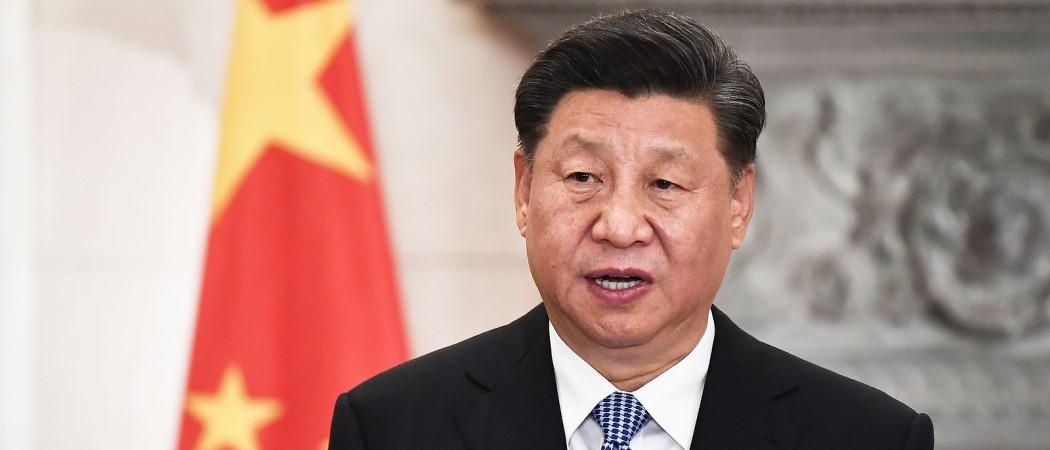The G7, a group of the so-called world’s seven most advanced economies and liberal democracies, attended a face to face 3- day summit from 11-13 June in Carbis Bay, Cornwall.
The leaders of G7 discussed various issues, including human rights violations by China and climate changes.
1- G7 accusations on China
Leaders of the G7 countries at the end of a 3-day summit urged China to “respect human rights and fundamental freedoms”.
The leaders highlighted abuses against the Uyghur Muslim minority group and the brutality through a crackdown on the pro-democracy activists of Hong Kong.

However, China’s UK embassy accused back by calling G7 accusations “baseless.”
The world’s seven largest so-called advanced economies also included many issues related to China, such as ending the Coronavirus pandemic and dealing with climate changes.
The G7 statement also criticized China’s unilateral actions in the East and South China Seas.
This increased international attention towards the pacific policy of China is essential for India as India is also at the stage of developing QUAD.
2- Vaccinate as much and as quick as possible
The momentum obtained from the G20 global health summit hosted by Prime Minister Draghi and President von der Leyen and the Gavi COVAX AMC Summit hosted by Prime Minister Yoshihide Suga of Japan, G& countries committed to sharing at least 870 million doses of COVID-19 vaccines directly, intending to deliver at least half by the end of 2021.
3- The Taiwan issue
This G7 summit became a landmark moment for Taiwan.
On Sunday, the G7 leaders scolded China over human rights violations in Xinjiang, called for Hong Kong to keep a degree of autonomy, and understood the importance of peace and stability across the Taiwan Strait.
In response to this, Taiwan’s presidential candidate office spokesperson Xavier Chang expressed profound thanks for the support by saying that this is the first time the G7 leader’s communique discussed the importance of peace and stability in the straight and first time since its founding there were “content friendly to Taiwan”.
4- Burning of Coal and climate change
The G7 leaders united for the battle against climate change as they adopted strict measures on coal-fired power stations.
The G7 group won’t go close to coal plants unless they have the technology to capture carbon emissions.
The G7 won’t fund new coal generation in developing countries and offer up to £2bn ($ 2.8bn) to stop using the fuel.
For Sir David Attenborough, this is the most crucial issue faced by G7 in human history.
Climate change is one of the key themes at the three-day summit in Carbis Bay.
The leaders of seven major industrialized nations- the UK, US, Canada, Japan, France, Germany, and Italy, are expected to set out plans to reduce emissions from farming, transport, and the making of steel and cement.
5-Tech havens on target
The US, Britain, and other large, wealthy nations signed a landmark deal to squeeze money out of multinational companies such as Amazon and Google and reduce their incentive to shift profits to low-tax offshore havens.
The Group of Seven (G7) mutually agreed to back a minimum global corporate tax rate of at least 15%, by which hundreds of billions of dollars could flow into the coffers of governments.
German finance minister Olaf Scholz said the deal was “bad news for tax havens around the world”.
The long-awaited G7 summit was long on rhetoric and short on substance.
Also Read: